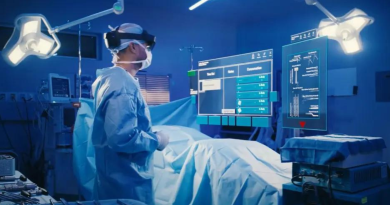A unique microscopical threat hits Japan!
A surge in infections caused by a deadly “flesh-eating bacteria” is raising alarms in Japan
Streptococcal toxic shock syndrome (STSS), caused by certain strains of Group A Streptococcus (GAS), has seen a significant increase in cases following the lifting of Covid-19 restrictions in Japan. By June 2, 2024, Japan reported 977 STSS cases, surpassing the previous year’s total of 941, as per the National Institute of Infectious Diseases (NIID). STSS is an extremely dangerous condition that can lead to severe symptoms such as limb pain, swelling, fever, low blood pressure, necrosis, breathing difficulties, organ failure, and death. The disease progresses rapidly, potentially resulting in fatalities within 48 hours of onset. Group A Streptococcus, commonly known for causing minor illnesses like strep throat, can lead to severe and life-threatening conditions when involving more virulent strains. The current outbreak is particularly concerning for individuals over 50, who are at a higher risk of severe outcomes.
Health experts warn that Japan might face up to 2,500 cases this year, with a terrifying mortality rate of 30%. The recent increase in STSS cases aligns with trends seen in other countries; in late 2022, multiple European nations reported a rise in invasive group A streptococcus (iGAS) cases to the World Health Organization (WHO) after easing Covid-19 restrictions. Health officials emphasize the importance of hand hygiene and proper care for open wounds to prevent the spread of GAS. The bacteria can also be carried in the intestines and spread through fecal contamination of the hands. The NIID’s data highlights a sharp increase in STSS cases compared to historical averages. Since the disease was first identified in Japan in 1992, the country typically recorded 100-200 cases annually. However, the numbers have risen dramatically, with a record high of 894 cases in 2019 and a staggering 378 cases reported in just the first two months of 2024. The rising trend in STSS cases underscores the critical need for public awareness of Japan, and preventive measures to mitigate the spread of this life-threatening infection.




